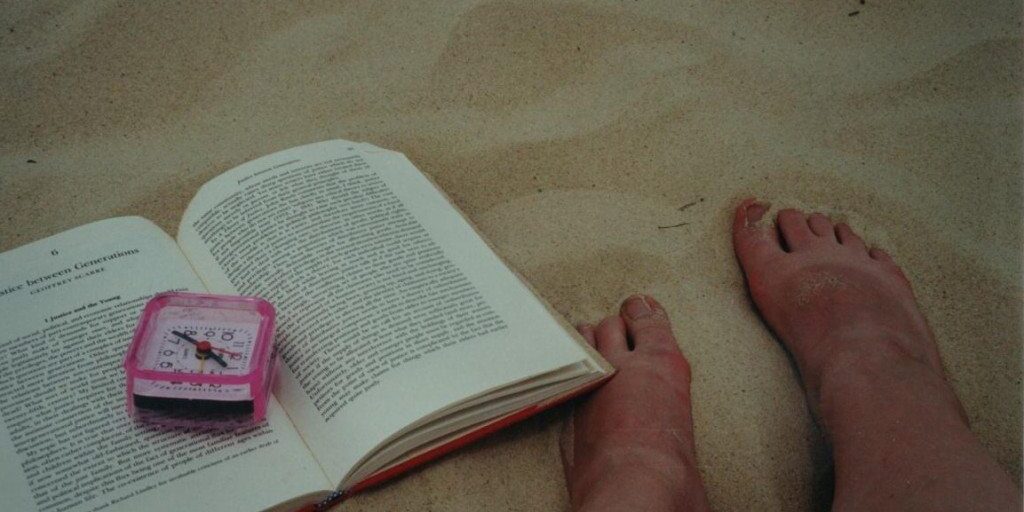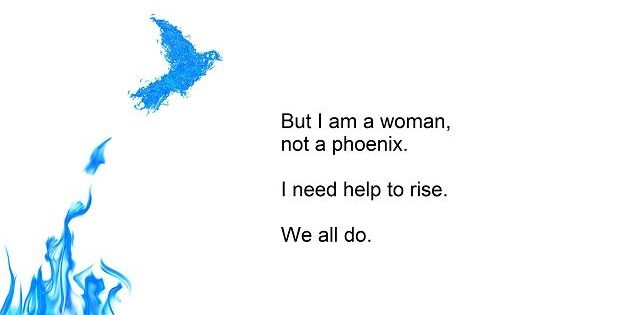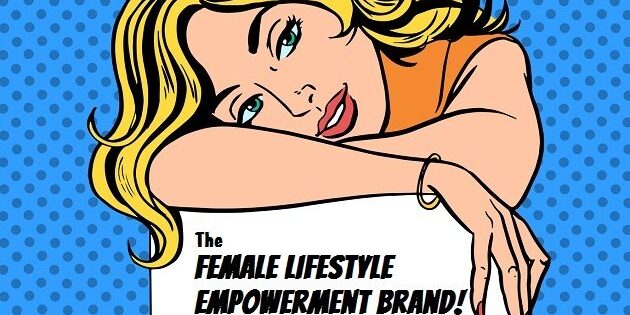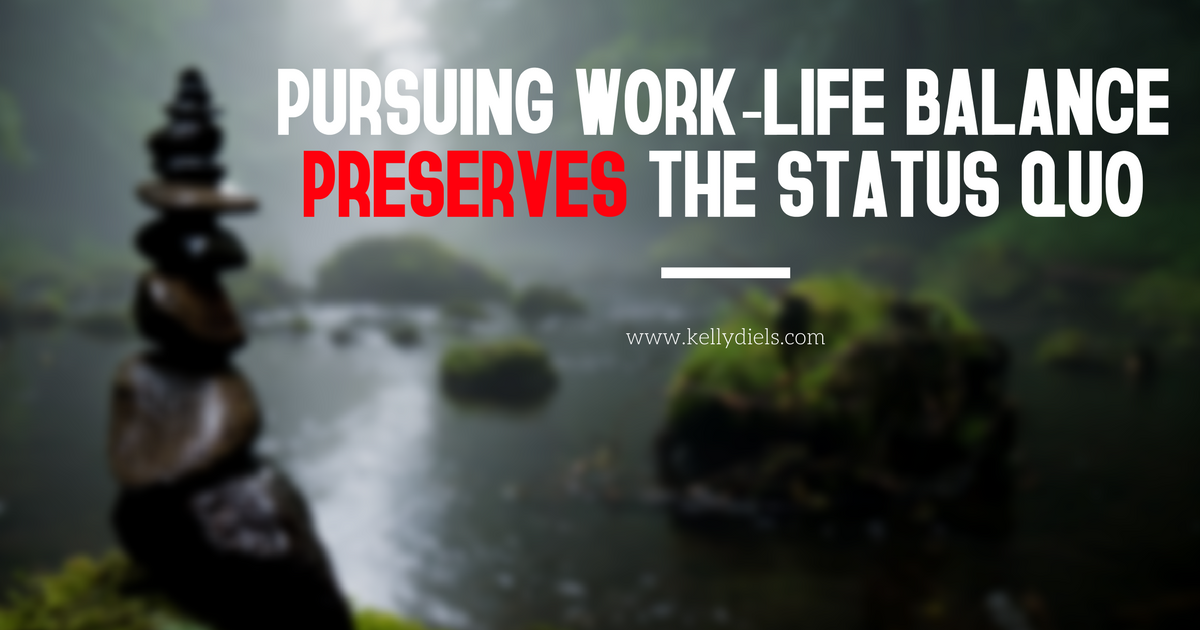
Pursuing Work-Life Balance Preserves the Status Quo
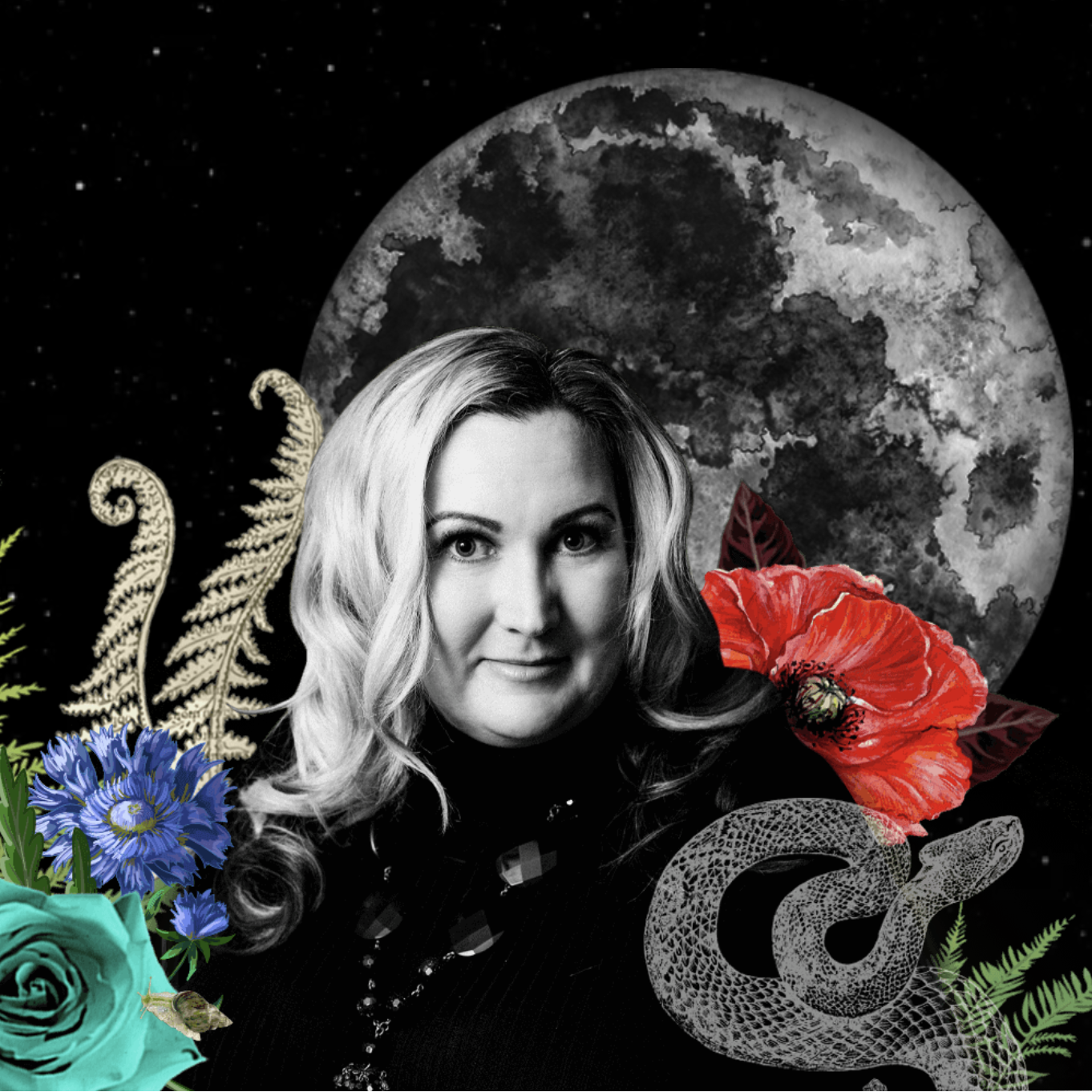
April 21, 2016
It has always seemed to me that achieving work-life balance is one more thing woman are supposed to do in order to be whole and happy, and then, when we inevitably fail at it – because the world is not designed to support women in becoming whole and happy – we have yet another personal deficiency be ashamed of.
It also seems to me that work-life balance presents an ideal of both work and life that doesn’t look anything like the way I live and work.
I’m a writer and a marketer. Even when I’m not freelancing and I’m employed in the business-to-business corporate workplace, as I have been for the last several years, I work on projects and project teams, which means we work in bursts, frenzies and lulls. My guy is a blue-collar worker in an entirely different industry and he works like this, too. He goes out of town for a project, works 16 hours a day for weeks at a time, and then has a few days off. This sounds like balance but more often looks like sleep. Then it’s off to the next gig. There’s not really day-to-day or even weekly balance to be found there. It’s exceptionally hard to attend PAC meetings or have date nights or even have friends with schedules like this.
This is not a complaint nor is it that unique or unusual. It’s also my reality as a writer. I don’t write for an allotted eight hours a day and then clock out to check in as a mama. I write in 90 minute bursts at all hours of the day. Five am. 8 am. 11 am. 7pm. Midnight. Whenever. I sit down every day to write, no matter what. I don’t wait for inspiration to strike to write, but when it strikes – and most days it strikes repeatedly – I write, I edit, I rewrite. And I mother, mother, mother.
Writing a book is similar to project-based contract work, too. You put in the hours and work in frenzies and lulls at the expense of pretty much everything except feeding and loving the kids until it’s done.
Again: not a complaint. Reality.
There have also been times in my life when I had to work three criminally low-paying jobs just to pay my cheap rent.
There have been times – years! – when I had to freelance after work so I could pay rent and daycare which cost more than my rent and still have enough left over for luxuries like groceries.
There’s no balance there.
And if you’re a start-up with no funding, no investors and no credit – which is to say, pretty much every female entrepreneur at the beginning of her business – then you have to put in the hours and do everything yourself because you don’t have any money to pay anyone else.
There is no balance to be found there.
For a lot of us, maybe even most of us, there’s no evenness in work and life. Sometimes you have a baby and her needs swamp everything else. No balance. Sometimes you have a sick mama and you quit everything else to show up for her. No balance. Sometimes you have a project deadline or a floundering business or a burning desire not to get evicted and you have to work ludicrous hours and every relationship in your life withers. No balance.
I’m not saying this is the way it ought to be. I’m saying this is how it is, and it’s like this because we’re emerging from a recession but companies are maintaining their skeletal recession-era workforces in order to pocket the profits, which means employees and contractors continue to work punishingly long hours in order to meet deadlines and targets and keep their jobs AND because women entrepreneurs are often unable to access credit or investors AND because we don’t have affordable day care AND because in our society women shoulder most domestic and care-taking responsibilities, both of children and elders.
We’re urged, as women in this impossible social system, to be personally inventive and find ways to accommodate all these demands. We’re encouraged in magazines and blog posts and wellness workshops to pursue and achieve and negotiate work-life balance. We assume the risks and consequences; our workplaces and the world reap the rewards.
[tweet_dis]The urge to balance is conservative. It preserves the status quo.[/tweet_dis]
Frequently, and unfortunately, work-life balance is discussed and debated as a womanly aim (not always, but a lot) because it’s fundamentally about reconciling the demands of paid and unpaid labour – and women contribute most of the unpaid labour our workplaces, families and society requires to function. When we seek to balance both sets of roles and requirements, we help preserve those demands, as they are – and we preserve the very existence of private and public spheres.
The private/public sphere division is an old one, historically and conceptually speaking, and rooted in the emergence of the industrial revolution and liberal democracy.
Back in the the early days of advanced liberal-capitalism, we had an obvious and often-discussed cultural doctrine of separate spheres. Women were in the private sphere AKA the home and were responsible for all things domestic. Men dominated the public sphere AKA careers, workplace, government. The private sphere was feminine. The public sphere was masculine.
Now, women have claimed some space in the public sphere but still retain their domestic roles and responsibilities in the private sphere.
(Sociologist Arlie Hochschild famously called this the uncompensated “second shift’ that women are obliged to work.)
What we’re doing with work-life balance is seeking to preserve and accommodate the demands of both spheres, whole, as they are today and as they have historically been, on women.
The aim of work-life balance is to to adjust and tweak the existing system so women can retain and continue to perform both mandatory full-time roles rather than change society’s expectations and demands of women.
And men. And work. And the workplace. And our culture.
And, at the same time, women are told the reason we’re not rising is not because we’re constrained by a lack of resources and too many mandatory feminine roles but because we’re failing to lean in.
As author Brigid Schulte told me when I interviewed her earlier this year about why time is a feminist issue, women keep being told to lean in, [tweet_dis excerpt=””But lean into what? It’s the what that’s broken.” – Brigid Schulte”]”But lean into what? It’s the what that’s broken.”[/tweet_dis]
Work-life balance is a woman’s issue and a feminist issue, but not in the way we usually consider it.
Women are not failing to lean in and [tweet_dis]we’re not failing at work-life balance; work and life – which is to say, our society – are failing us[/tweet_dis]. The what is broken.
Now what?
Now we stop feeling ashamed. Now we stop feeling like personal failures. Now we start pushing back.

